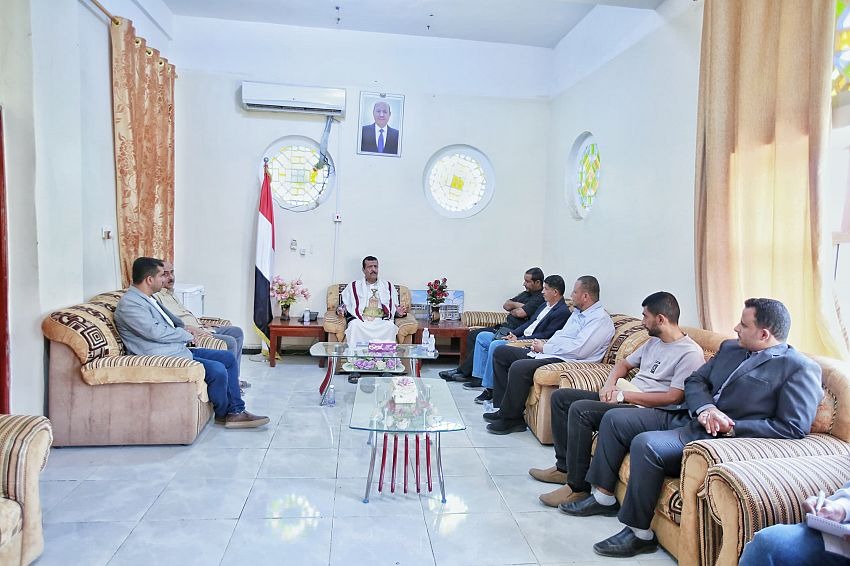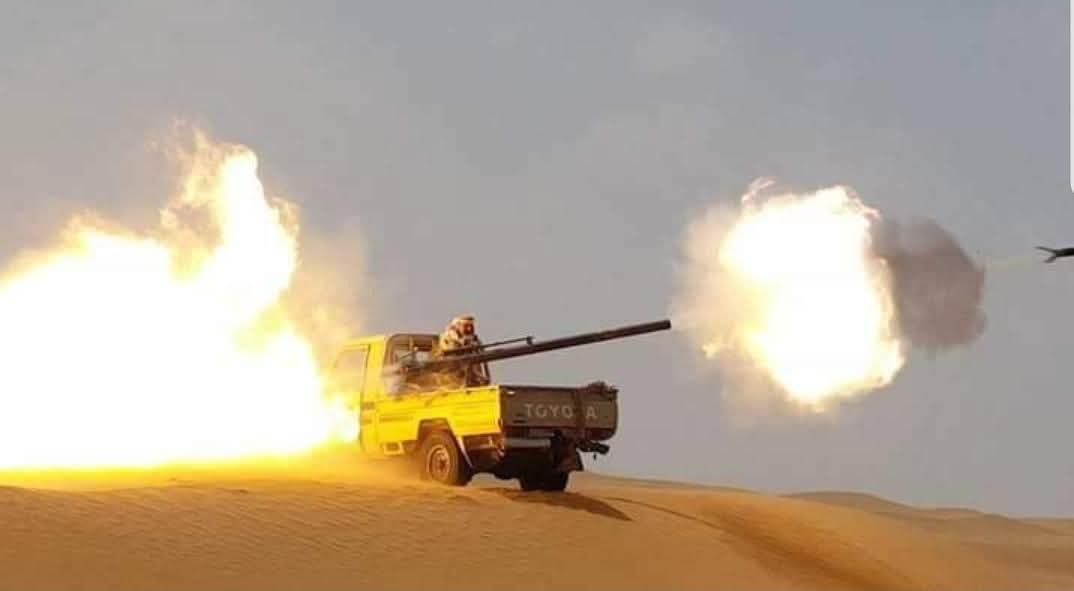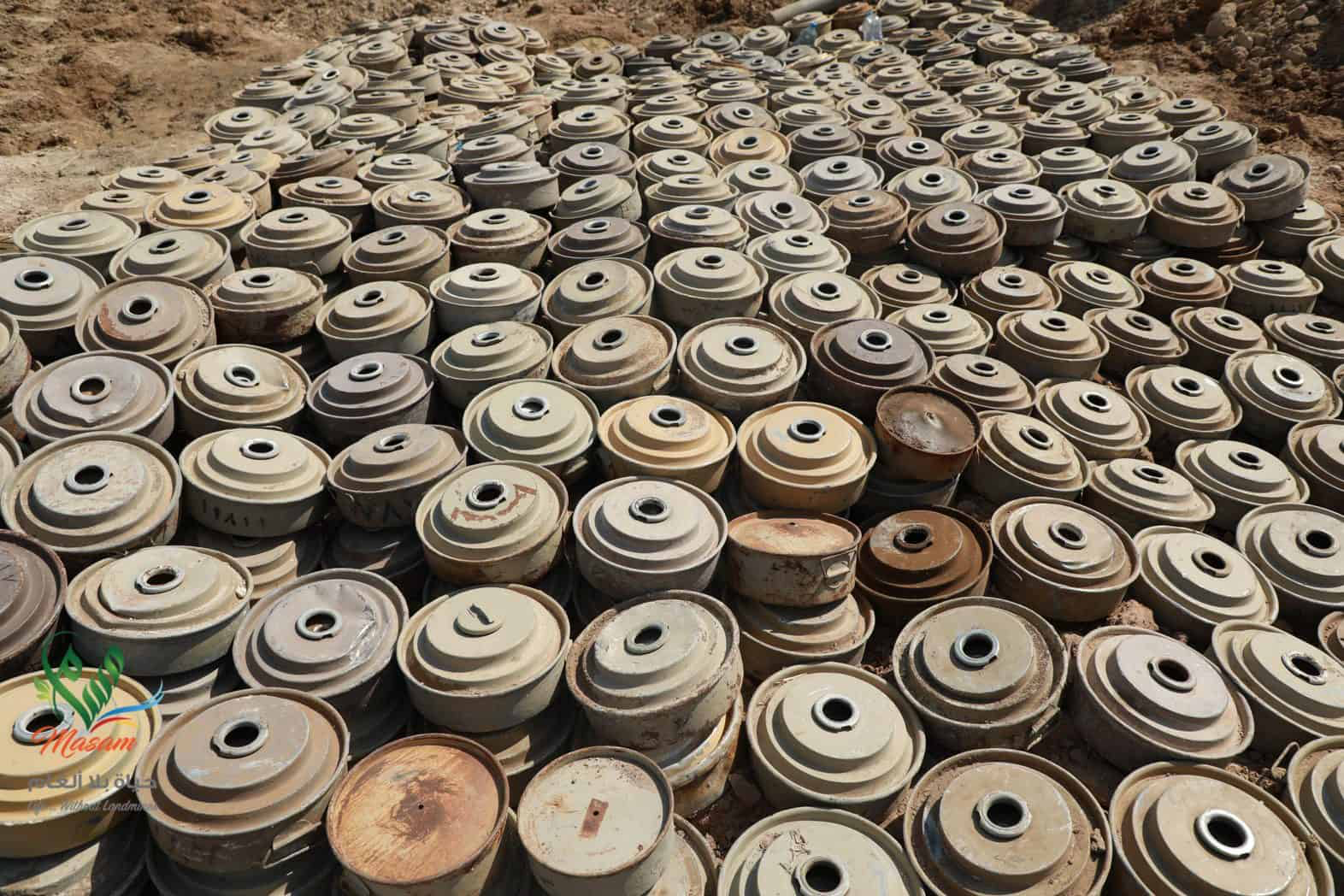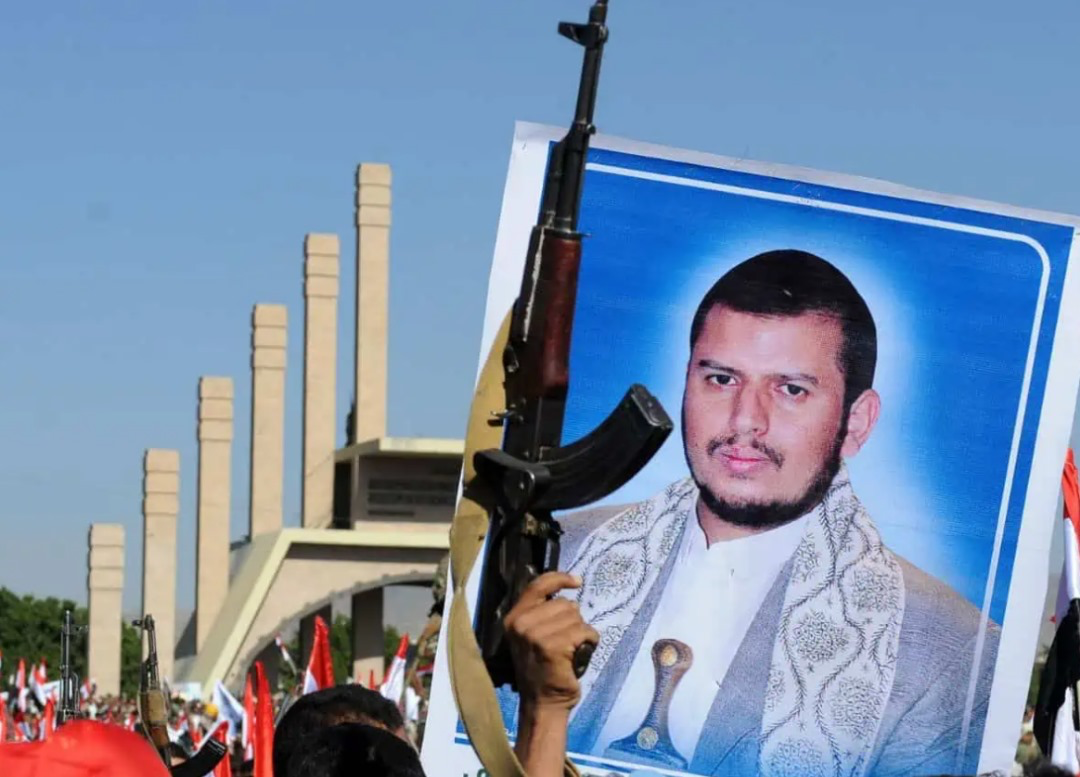
Barran Press
Local authorities in Marib Governorate (northeastern Yemen) met on Monday, September 16th, 2024, to discuss the humanitarian situation in the governorate and the challenges posed by the widening humanitarian gap between rapidly increasing needs and the declining humanitarian role of aid partners due to funding shortages.
The meeting, according to the official Saba news agency, took place between Marib Deputy Governor, AbduRabbu Miftah, and a team from the French Relief Organization (FIS) led by Abdullah Bawa.
Miftah welcomed FIS's decision to open an office in the governorate to oversee the implementation of its humanitarian projects and assess the humanitarian needs of displaced persons and the host community.
He commended the partnership with the French organization and its humanitarian interventions, expressing hope for its expansion in the coming year with a focus on sustainable projects with a developmental dimension.
Miftah listened to the FIS team, currently visiting the governorate, about their planned humanitarian projects for the next six months, focusing on livelihoods and food security, targeting 500 of the most vulnerable and impoverished families.
During the meeting, Miftah emphasized the importance of strengthening the capacity and role of the Marib branch of the Executive Unit for the Management of IDP Camps, building its capabilities to effectively manage the camps in the governorate, which currently house around 207 camps for displaced persons.
He praised the efforts of the Executive Unit for the Management of IDP Camps in Marib despite limited resources, for coordinating humanitarian work with international, national, and local partners, alleviating the suffering of displaced persons, and assisting local authorities in managing the humanitarian file.
In turn, the Assistant Head of the Executive Unit for the Management of IDP Camps provided a detailed explanation of a UN project to be implemented in partnership with the Yemeni government, focusing on internal displacement solutions. The project aims to plan for sustainable development solutions to achieve the livelihood stability of displaced persons in several liberated governorates, including Marib.





